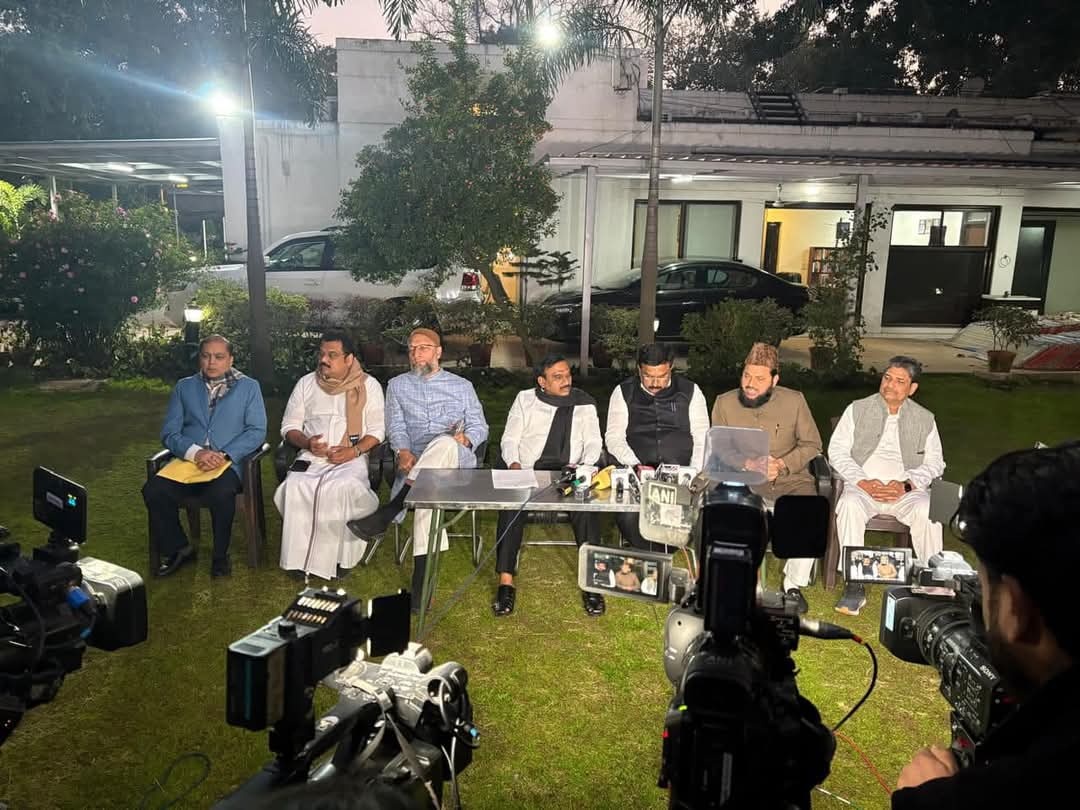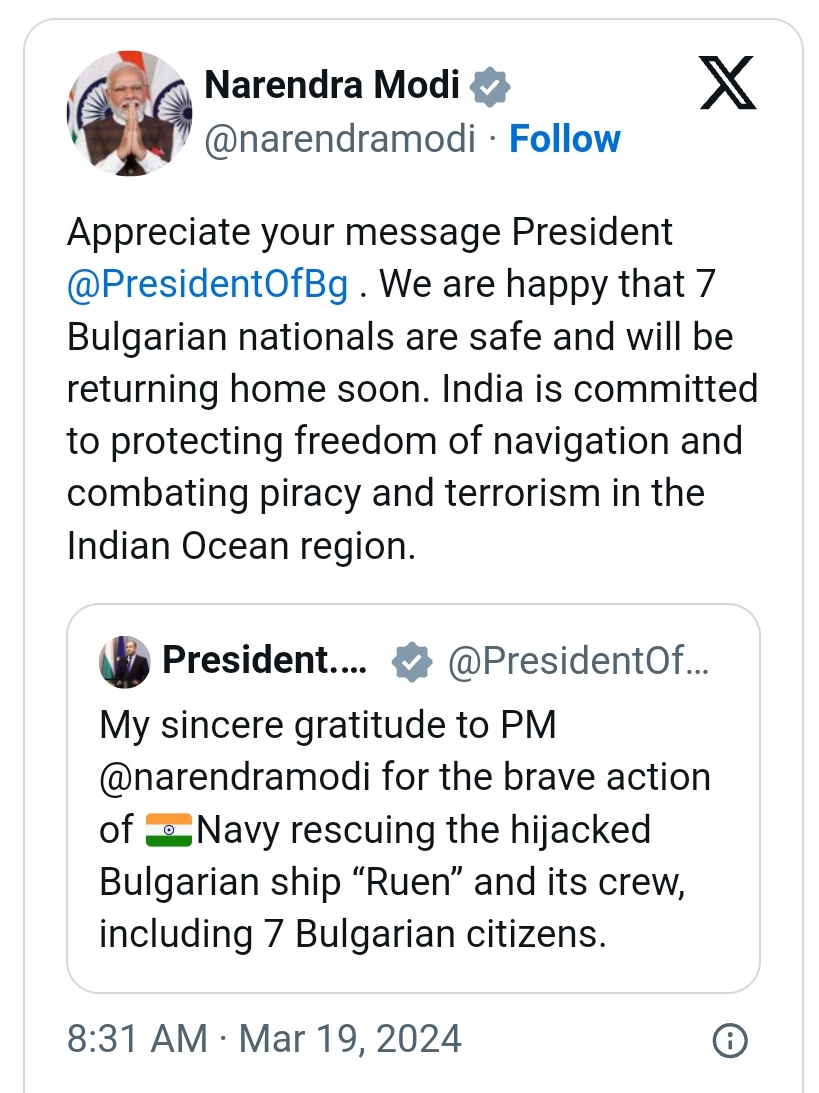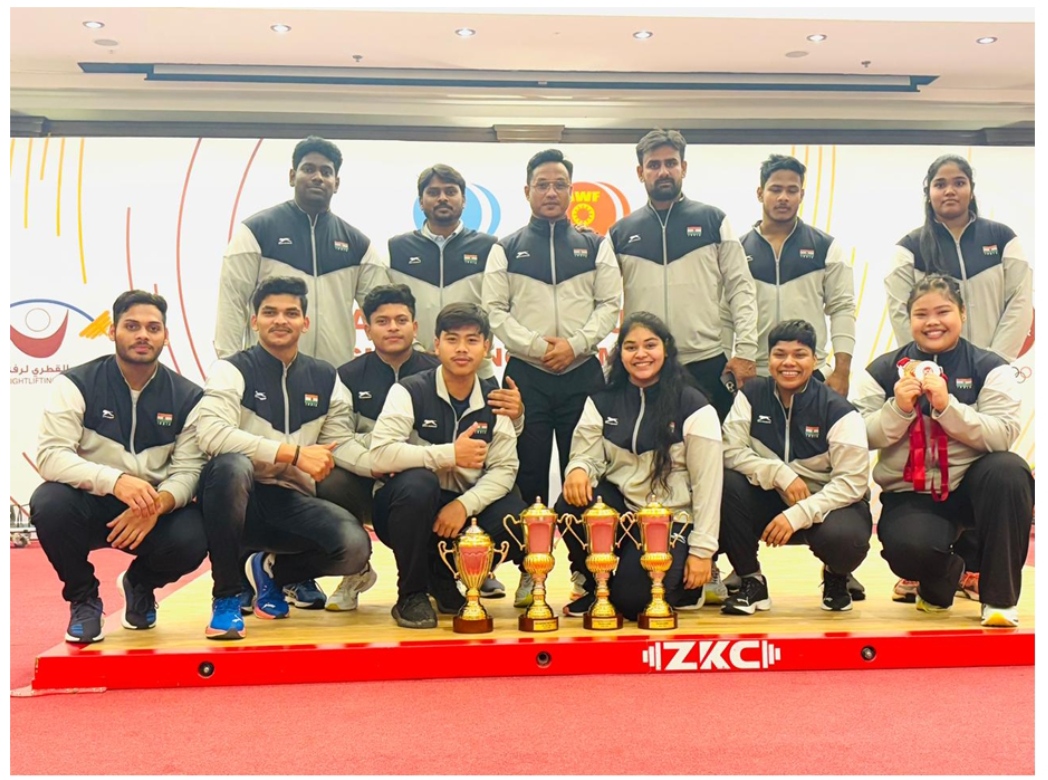Opposition Slams Waqf Bill’s “Draconian” Provisions and Committee Proceedings as Undemocratic.
New Delhi:
Opposition members of the joint parliamentary committee reviewing the Waqf (Amendment) Bill on Monday criticized the Bill’s provisions, accusing it of having a “draconian” character and interfering in the religious affairs of Muslims. The opposition members also raised concerns over the committee’s functioning, alleging that the proceedings were undemocratic, with panel chair Jagdambika Pal enabling the Union government’s agenda by using the ruling party’s majority to shape the outcome.
The opposition MPs—A Raja, Kalyan Banerjee, Gaurav Gogoi, Asaduddin Owaisi, Naseer Hussain, Mohibullah, Imran Masood, M M Abdulla, Mod Jawed, Arvind Sawant, and Md Nadimul Haque—expressed their dissatisfaction after their proposed amendments to the Bill were rejected. They argued that the Bill, as proposed by the committee, would perpetuate its “draconian” elements, with provisions that would infringe on the religious freedoms of Muslims.
DMK MP A Raja accused the committee proceedings of being a “mockery,” claiming the report was already prepared and that the examination process was a mere formality. Raja also vowed that the DMK would challenge the law in the Supreme Court once it is passed by Parliament.
In response to the criticism, committee chair Jagdambika Pal defended the process, asserting that all amendments were considered in a democratic manner, with the majority view ultimately prevailing. He stated that the committee’s proceedings had been conducted in accordance with parliamentary rules.
During the meeting, opposition members proposed amendments to all 44 clauses of the Waqf (Amendment) Bill, which they claimed were intended to restore provisions from the current law. The opposition expressed concerns that the Bill, if passed, would undermine the constitutional protections guaranteed to minorities and interfere with Muslim religious affairs.
The opposition members also issued a joint statement protesting the chair’s handling of the committee’s deliberations. They claimed that the chairman ignored established procedures, including failing to supply necessary documents and preventing a proper clause-by-clause consideration of the Bill. The MPs also alleged that the chairman improperly conducted headcounts and moved amendments on behalf of the opposition, effectively bypassing their contributions.
The opposition members also highlighted issues with the sharing of deliberation minutes and claimed that 95% of stakeholders opposed the Bill, while the remaining 5% were aligned with the government’s position. They accused the chairman of disregarding the views of stakeholders by not allowing them to submit written opinions and canceling a crucial sitting scheduled for January 25 without providing any explanation.
The committee’s opposition members further criticized the lack of transparency in the process, noting that documents related to stakeholder views, especially from the committee’s visits to Patna, Kolkata, and Lucknow, had not been provided for review before the final stages of the deliberations. They claimed that the chairman ignored their demand to have these documents shared for legal and effective participation in the proceedings.
As the committee nears the conclusion of its review, opposition members expressed their alarm over what they described as a deliberate effort to undermine India’s secular fabric, accusing the government of attempting to color the nation with a “saffron hue” through the passage of the Waqf Bill. They called on the Indian public to join them in protecting constitutional values and ensuring the rights of minorities.
The Waqf (Amendment) Bill, which seeks to modify provisions governing the management and control of Waqf properties, has become a flashpoint of political contention. With the opposition now threatening legal action, the controversy surrounding the Bill looks set to escalate as it moves through the final stages of parliamentary scrutiny.



